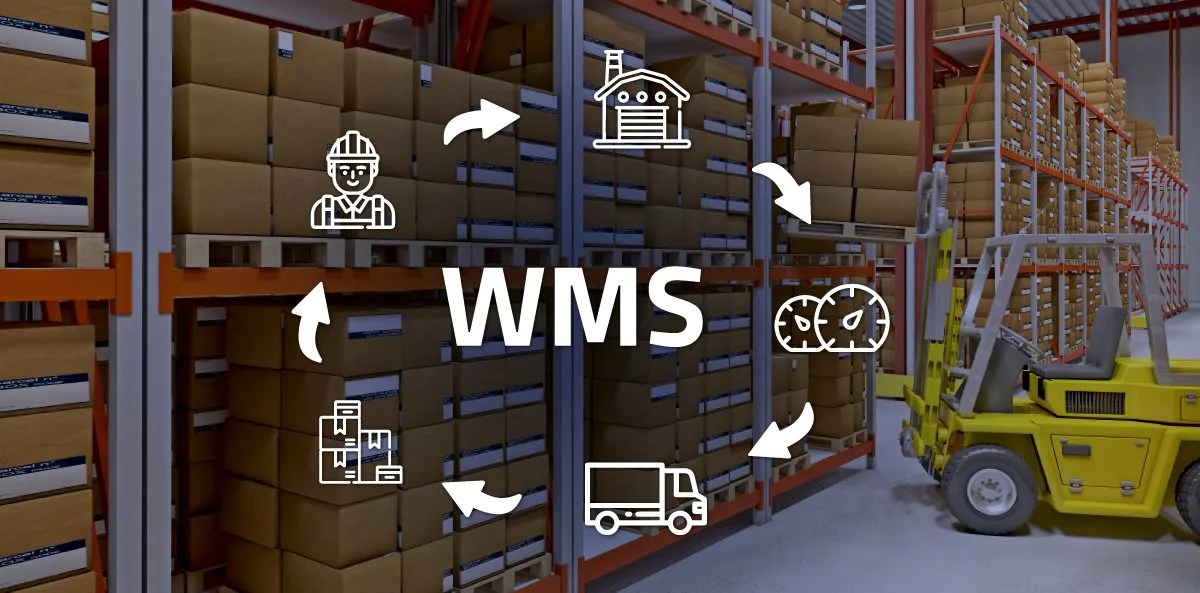Inventory management is a critical component of any business that deals with physical products. It involves the supervision of non-capitalized assets and stock items. An effective inventory management system ensures that a business always has the right amount of inventory to meet customer demand without overspending on excess stock. This article delves into the importance of inventory management services and how they integrate with fulfillment solutions to streamline operations and enhance efficiency.
The Core Components of Inventory Management Services
Inventory management services encompass various practices and technologies designed to maintain optimal inventory levels, reduce costs, and improve customer satisfaction. Here are the primary components:
1. Inventory Tracking: One of the fundamental aspects of inventory management is keeping accurate records of inventory levels. This involves using barcodes, RFID tags, and inventory management software to track products from the moment they enter the warehouse until they are sold and shipped to customers.
2. Demand Forecasting: Accurate demand forecasting is crucial for maintaining the right inventory levels. By analyzing historical sales data, market trends, and seasonal fluctuations, businesses can predict future demand and adjust their inventory accordingly. This minimizes the risk of stockouts and overstocking.
3. Reorder Point Calculation: Determining the right time to reorder products is essential to avoid stockouts and ensure continuous supply. Inventory management services use various methods, such as the Economic Order Quantity (EOQ) model, to calculate the optimal reorder point for each product.
4. Inventory Optimization: Inventory optimization involves balancing the costs of holding inventory with the benefits of having enough stock to meet demand. This includes implementing strategies like Just-In-Time (JIT) inventory, which reduces holding costs by receiving goods only when they are needed for production or sale.
5. Inventory Auditing: Regular inventory audits help identify discrepancies between actual stock levels and recorded quantities. This process can uncover issues such as theft, damage, or administrative errors, allowing businesses to take corrective actions promptly.
The Role of Technology in Inventory Management Services
Advancements in technology have revolutionized inventory management services, making them more efficient and accurate. Here are some key technological innovations:
1. Inventory Management Software: Modern inventory management software integrates with other business systems, such as ERP (Enterprise Resource Planning) and CRM (Customer Relationship Management) platforms, to provide real-time visibility into inventory levels, sales, and customer data. This integration enables businesses to make data-driven decisions and improve overall efficiency.
2. Automation and Robotics: Automation technologies, such as automated storage and retrieval systems (AS/RS) and robotic process automation (RPA), streamline inventory handling processes. These technologies reduce the need for manual labor, minimize errors, and speed up order fulfillment.
3. IoT and RFID: The Internet of Things (IoT) and Radio Frequency Identification (RFID) technologies provide real-time tracking and monitoring of inventory. IoT devices can send alerts when stock levels are low or when products require maintenance, while RFID tags enable precise tracking of individual items throughout the supply chain.
4. Blockchain: Blockchain technology offers a secure and transparent way to track inventory movements and transactions. By recording every inventory-related activity on a decentralized ledger, businesses can enhance traceability, reduce fraud, and ensure compliance with regulatory requirements.
Integration with Fulfillment Solutions
Inventory management services are closely linked with fulfillment solutions, which encompass the processes involved in receiving, processing, and delivering customer orders. Effective integration of these services can significantly enhance operational efficiency and customer satisfaction. Here’s how:
1. Streamlined Order Processing: When inventory management systems are integrated with fulfillment solutions, businesses can automate order processing tasks such as picking, packing, and shipping. This reduces the time and effort required to fulfill orders, leading to faster delivery times and happier customers.
2. Real-Time Inventory Visibility: Fulfillment solutions rely on accurate and up-to-date inventory data to ensure that orders are fulfilled promptly. By integrating inventory management services, businesses can provide real-time visibility into stock levels, enabling better decision-making and reducing the risk of stockouts or overstocking.
3. Improved Demand Planning: Fulfillment solutions can benefit from the demand forecasting capabilities of inventory management services. By sharing data on customer orders, sales trends, and market conditions, businesses can improve their demand planning and inventory replenishment strategies, ensuring that they always have the right products in stock.
4. Cost Savings: Efficient inventory management reduces holding costs, minimizes waste, and optimizes storage space. These savings can be passed on to customers through lower prices or reinvested in other areas of the business, such as marketing or product development.
5. Enhanced Customer Experience: A seamless integration of inventory management and fulfillment solutions leads to faster and more accurate order fulfillment. This enhances the customer experience by ensuring that orders are delivered on time and in perfect condition, leading to increased customer satisfaction and loyalty.
Conclusion
Inventory management services are essential for businesses looking to optimize their operations and stay competitive in today’s fast-paced market. By leveraging advanced technologies and integrating with fulfillment solutions, companies can achieve greater efficiency, reduce costs, and improve customer satisfaction. As businesses continue to evolve, the importance of robust inventory management practices and their role in comprehensive fulfillment solutions will only grow, making them a cornerstone of modern commerce.


Leave a comment
Your email address will not be published. Required fields are marked *